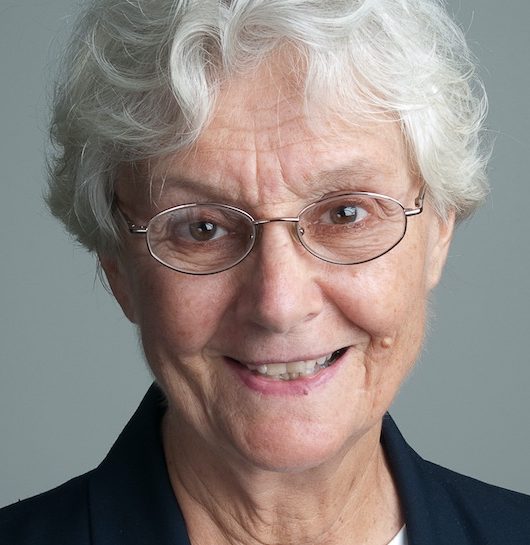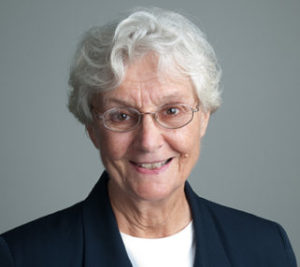

Readings:
First Reading: 2 Maccabees 7: 1-2, 9-14
Responsorial Psalm: Psalm 17: 1, 5-6, 8, 15
Second Reading: 2 Thessalonians 2: 16-3:5
Gospel: Luke 20: 27-38
What Happens Next?
There is within every living being an innate tendency to cling to life and to flourish. It is no different with human beings. In fact, it is this passion for life that often causes us anxiety in the face of death. The value that various peoples ascribe to the human spirit can be seen in the practices with which they surround death. Some cultures return the body to the earth or the sea from which they believe it came. Others lift it up into the heavens. Burial grounds are always considered sacred places. But what about death itself? Is it the end? If not, what happens next? These are questions that have occupied thinking people from time immemorial. The inevitability of death makes them puzzle over the meaning of life. The readings for today are evidence of a change from ancient Israel’s understanding of the possibility of life after this life.
The early Israelites did not have a clear idea of life after death. They believed that the dead went to a shadowy underworld known as Sheol, which was a place of neither reward nor punishment. Unlike the Greeks who came later, the Israelites had no concept of an immortal soul. Furthermore, they believed that their God was a God of the living, not of the dead. While other nations venerated gods of the underworld, Israel did not. Still, they did not think that death resulted in total annihilation.
The first reading from 2 Maccabees reflects the time when Israel was under the influence of Greek conquerors who were trying to force devout Jews to renounce their religious practices. While the scene lays bare the horror of persecution, it also describes the valor or those being tortured. It reveals something else as well. Three of the brothers speak, and each of them finds strength in the belief that they will eventually be raised up by God. There is no mention here of an immortal soul; focus is on the resurrection of the dead. This is one of the earliest biblical references to some form of existence after this life.
The same theme of resurrection of the dead is the basis of the confrontation described in the gospel passage. The Sadducees, who did not believe in resurrection of the dead, use an ancient marriage practice in an attempt to make a mockery of the belief. Jesus refutes them by insisting that in the age of the resurrection there will be no need to further the human race through procreation, because there will be no death. He also states the traditional belief that God is the God of the living.
There is a difference between the way Jesus understands the notion of God as God of the living and not the dead and the way it was understood by the ancient Israelites. Originally, the reference was to those who were actually alive. With this new concept of resurrection, those who have died and been raised from the dead are considered living in a new way. In other words, “all are alive” – both the living and the dead who have been raised.
The question can be posed again: What happens next? Neither of the readings really answers that question, but they do assure us that there is something that will happen next. However, this is not a demonstrable fact. It is a statement of faith. And from where does faith in the resurrection of the dead originate? Clearly, it is not from the Greek notion of an immortal soul, but from trust in God. This trust is grounded in a theme that is implicit in the theology of Israel, though not explicitly mentioned in today’s readings. That theme is covenant.
The brothers who appear in the first reading are clearly devout Jews, faithful to their covenant obligations. The Sadducees in the gospel appeal to the teaching of Moses, evidence that both they and their hearers belong to the People of God. Jesus calls the dead “children of God.” A covenant relationship is presumed. The bonds of covenant are the basis of the trust in God evident in these readings. Because of this trust, Israel did not ever seem willing to concede that these bonds were severed at death. Christian theology was very clear about this point as well: “For I am convinced that neither death, nor life…will be able to separate us from the love of God in Christ Jesus our Lord” (Rom 8:38-39).
Following in the footsteps of our religious ancestors, we too trust that the bonds of love that join us with God are indestructible. Since it was God who invited us into this covenant relationship, surely God will see that this bond endures through death and beyond, whatever that beyond might hold. Here too we can only trust in God, for we have no idea of what lies ahead of us. As we read elsewhere: “We are God’s children now; what we will be has not yet been revealed” (1 John 3:2).
Sr. Dianne Bergant, CSA
Carroll Stuhlmueller, CP, Distinguished Professor Emerita of Old Testament Studies